
Friedrich Nietzsche and the Anarchist Tradition - by Spencer Sunshine I Am Not A Man, I Am Dynamite! Friedrich Nietzsche and the Anarchist Tradition is an anthology that just won’t go away. The original essays were assembled by John Moore before his untimely death in 2002, and I inherited the uncompleted collection in 2003. It required a substantial amount of work before it was finally published by Autonomedia in the spring of 2005. While I had expected a large backlash against the book, negative opinions were rare, even in workerist quarters (where I had most expected them). Brian Morris’s review was the rare exception; and like the anthology itself, it refuses to go away. Originally published in Philosophy Now #58 and also appearing in Freedom, Social Anarchism, and on anarchistnews.org, it was published again in the last issue of AJODA.
My general impression is that his review seems to stem more from personal grudges with John Moore and Max Cafard than from a reading of the book itself. Lest one think this negative opinion is merely mine (and Max Cafard’s), at least one reader of Philosophy Now agreed as well. (1) However, in light of the continued circulation of this review, I would like to take this opportunity to address a number of points which were raised.
Nietzsche, Gender, Anarchism
Morris brings up the question of gender in the first line of his review, disparaging the anthology as a work by “mostly by male academic philosophers.” He later returns to his supposedly feminist cudgel, saying “Nietzsche’s misogyny is well known, and he also described women as chattel or property.”
First, I must point out the irony that Morris (a male academic) chose to review a book about the writings of a male academic, and then attacked the book for containing mostly male academics in it! He makes the whole thing more absurd by ending his piece by calling for a return to reading—you guessed it—three men. At least they weren’t academics, although one was a hereditary Prince.
If I could change one thing about the anthology, it would not be the gender of the contributors. Instead it would be to add pieces which showed two things: first, Nietzsche’s strong influence on two of the best known anarchist-feminist writers in the classical era, Emma Goldman and Federica Montseny. (2) Although there is a piece about Goldman (the author of the essay, Leigh Starcross, is a woman), if anything I have become convinced that it underestimates the influence of Nietzsche on her general political thought; the ‘transvaluation of values’ in particular became a central element of her transformative vision.
The second thing to show would be the Nietzsche’s strong influence on many post-60s radical feminist writers, including Mary Daly, Luce Irigaray and—most importantly—Judith Butler. Butler’s anti-essentialist view of gender as performative, and her argument that adherence to gender roles is enforced by social violence, is largely indebted to Nietzsche (via Michel Foucault’s work on queer sexuality). Butler especially is read amongst the radical queer milieu, which has a large crossover with contemporary anarchist politics.
If there is a serious question about gender and the anthology, it’s is not the essentialist question of ‘why there are so many male academic philosophers in it?’ Rather, it is: since Nietzsche’s influence was so strong on both classical anarchist-feminism and contemporary feminism, why is it so under-represented?
Classical Social Anarchism and Nietzsche: Goldman, Landauer, Rocker & Company
The second point I want to address is Morris’s portrayal of Nietzsche as a political reactionary, and the supposedly non- (or anti-) Nietzschean classical anarchism which Morris attempts to counterpose to this.
Not only does Morris misrepresent Nietzsche’s own writings and the engagement of classical anarchists with Nietzsche, but he also consistently misrepresents the anthology’s approach to Nietzsche. To say that any of the essays in it hold that “Nietzsche was actually a true anarchist”—but that Bakunin and Kropotkin “were not real anarchists, for they were motivated only by envy, weakness and ressentiment and were lacking in any creative impulse”—can charitably be characterized as unsubstantiated.
As almost all of the contributors point out, Nietzsche was not simplistically “an” anarchist, and he made many problematic, and sometimes quite reactionary (as well as anti-anarchist) statements. John Purkis says “The work of Nietzsche is complicated and contradictory”; Guy Aldred describes Nietzsche as a “brilliant, if somewhat erratic genius”; Daniel Colson asks “One or many Nietzsches?” and describes the various ways he has been interpreted (including by Christians and the extreme Right); Max Cafard has already replied in the last issue of AJODA, but the first line of his essay comes right out and says “Nietzsche certainly proves himself to be the best friend and best enemy of anarchism”; Saul Newman (whom Morris is undoubtedly referring to as the one supposedly claiming that Bakunin and Kropotkin “were motivated only by envy, weakness and ressentiment”) says Nietzsche “reserves the most venomous words for the anarchists”; and John Moore cites Walt Whitman’s famous adage on contradiction to describe Nietzsche’s views.
In fact, it is exactly the question of these contradictions in Nietzsche’s thought—and how this contradictory thought relates to the social anarchism of Bakunin and Kropotkin—which is central to the anthology.
Second, despite Morris’s repeated invocations of Nietzsche’s ”individualism,” he certainly was never one in the fashion of Stirner, and the essays in I Am Not A Man, I Am Dynamite! focus almost entirely on his relationship to social anarchism. Nietzsche’s relationship to the pure individualist tradition (as found in works such as Renzo Novatore’s “Toward The Creative Nothing” [3]), is almost entirely ignored. Nietzsche always had a firm grasp of the role of culture and social life, and did not see individuals as detachable from their biological and social surroundings in the way that Stirner championed such a virtue.
Third, Nietzsche himself was also not an “aristocratic” thinker in the sense that he supported the Bismarckian late-feudal order of his time. His works were rejected by the ruling class of his day, and he was frequently perceived (correctly I might add) as an avant-garde thinker who was profoundly disgusted at the social, economic, and political order of his day. His hatred for the market and the State shows this very clearly.
Fourth, Morris misunderstands the classical anarchist tradition’s own indebtedness to Nietzsche when he says at the end of his review, “Contributors to this collection may express their admiration and enthusiasm for Nietzsche and his concept of the übermensch, but give me Kropotkin, Malatesta and Rocker any day.” I would advise Morris to look at his own examples more closely.
Classical social anarchism is shot-through with the influence of Nietzsche. As mentioned, Emma Goldman was profoundly influenced by him, so much so that all of Nietzsche’s books could be mail-ordered through her magazine Mother Earth. Anarchist Gustav Landauer’s major work, For Socialism, is also squarely based on Nietzschean ideas. And Federica Montseny was not the only Spanish anarchist influenced by Nietzsche; many others were, including Ricardo Mella, Federico Urales, and Salvador Seguí – as well as Buenventura Durruti, Francisco Ascaso, and Juan García Oliver (who co-founded the infamous “Nosotros” group). (4)
Last, but certainly not least, is Rudolf Rocker himself. During the classical era, anarcho-syndicalist intellectuals actively engaged with the cultural currents of their day, including philosophy (compare this to today). Rocker’s major work Nationalism and Culture draws directly from Nietzsche in opposing cultural production and nationalist sentiments, and Rocker cites Nietzsche repeatedly in the work—even ending the tome with a Nietzsche quote. Lest one think this was a momentary lapse for Rocker, in 1910 he translated Nietzsche’s Thus Spoke Zarathustra into Yiddish. (5) We can only assume that by doing so, he hoped that Yiddish-speaking anarcho-syndicalist workers would be able to read Nietzsche and be inspired by him themselves—just as he was.
So I can agree with Morris on at least this point: give me the anarchism of Rudolf Rocker any day—that is, a social anarchism that engages with, and is inspired by, the thought of Friedrich Nietzsche.
NOTES
1. Michael Potter said he felt “sullied” after reading Morris’s review. “Given the reviewer's obvious contempt for Nietzsche, the book's editor, most of the ideas discussed within, several of the authors in particular, and of academics in general, the tenor and ‘substance’ of the review were predetermined…. I hope we won't be treated to this man's ill-tempered rambling again.” Letter to the editor in Philosophy Now #60, March/April 2007.
2. According to Richard Kern, Montseny held that the "emancipation of women would lead to a quicker realization of the social revolution" and that "the revolution against sexism would have to come from intellectual and militant 'future-women.' According to this Nietzschean concept of Federica Montseny's, women could realize through art and literature the need to revise their own roles." See Red Years / Black Years: A Political History of Spanish Anarchism, 1911–1937.
3. From the translator’s introduction: “It is difficult to find anarchist works in English that are at the same time ‘individualist’ and explicitly revolutionary, that emphasize the centrality of the aim of individual self-determination to a revolution that will ‘communalize material wealth’ as it will ‘individualize spiritual wealth.’” Pamphlet available from Little Black Cart.
4. “While the individualistic aesthetics of Nietzsche’s writing made him attractive to intellectuals in general, it was his militant rejection of the exclusive nature of bourgeois society, matched with his advocacy of a violent rupture with the strictures of bourgeois ethics and the renovation of morality, that earned him a following in anarchist circles.” Chris Ealham, “‘From the Summit to the Abyss’: The Contradictions of Individualism and Collectivism in Spanish Anarchism” in The Republic Besieged: Civil War in Spain, 1936–1939, edited by Paul Preston and Ann L. Mackenzie.
5. See http://radicalarchives.org/2010/05/30/rocker-nietzsche-yiddish/
http://www.anarchymag.org/index.php/issues/38-70-71/56-reply-to-brian-morrisarsquos-review-of-qi-am-not-a-man-i-am-dynamiteq



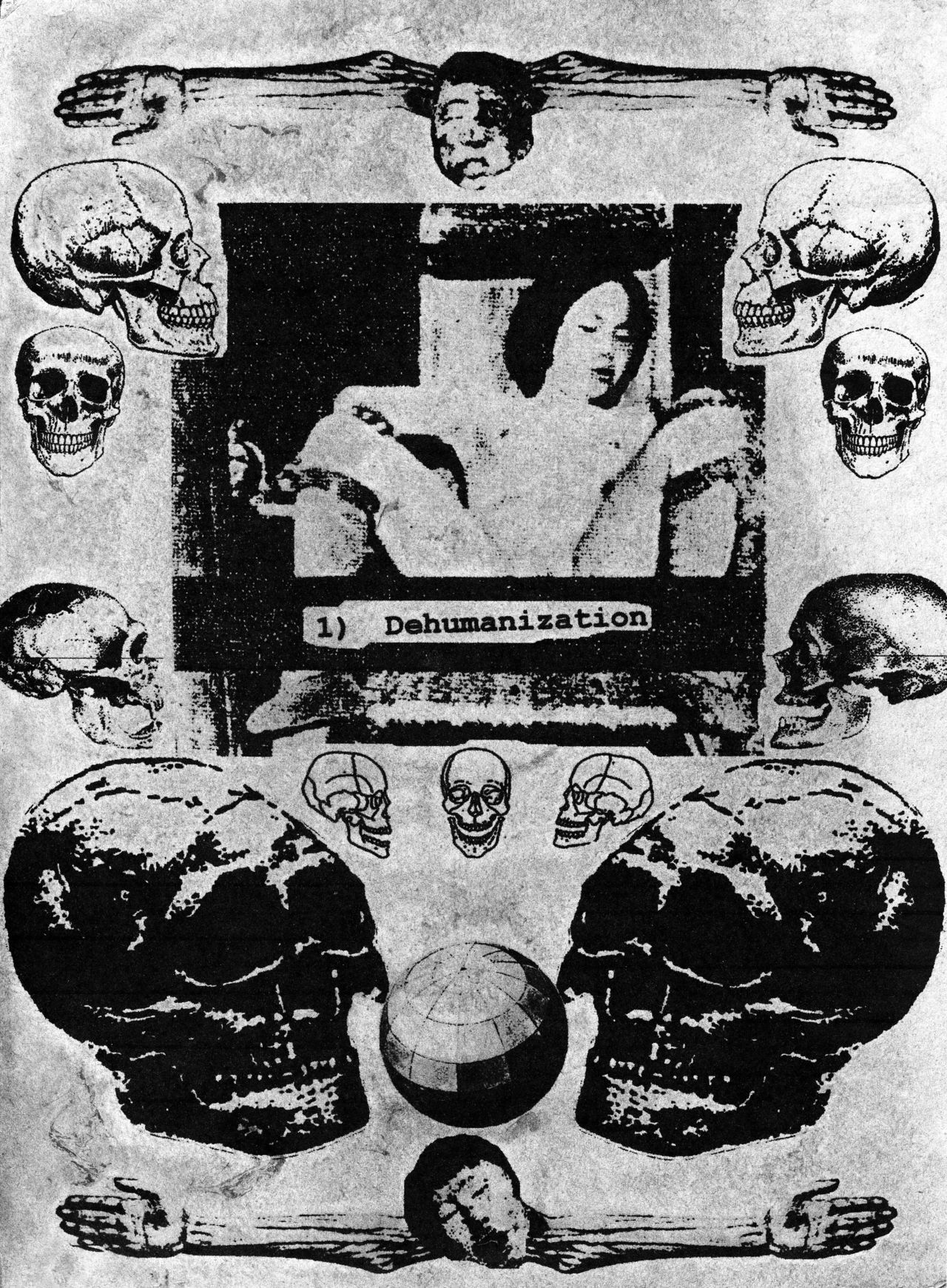



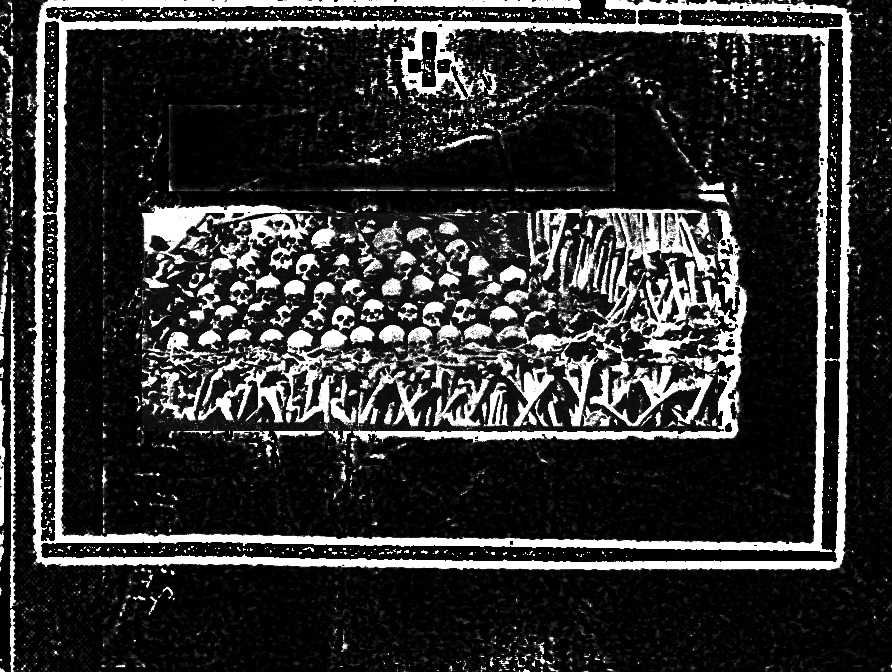






![Eurorepressione - Sulla conferenza a Den Haag sul tema "Anarchia" [corretto]](http://25.media.tumblr.com/tumblr_m0jvngOXtY1qa2163o1_1280.jpg)


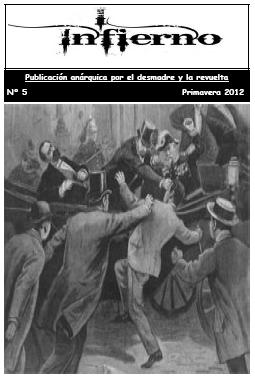

![A tres años de la Partida de Mauricio Morales: De la Memoria a la Calle [Stgo.]](http://metiendoruido.com/wp-content/uploads/2012/05/mmacividad.jpg)
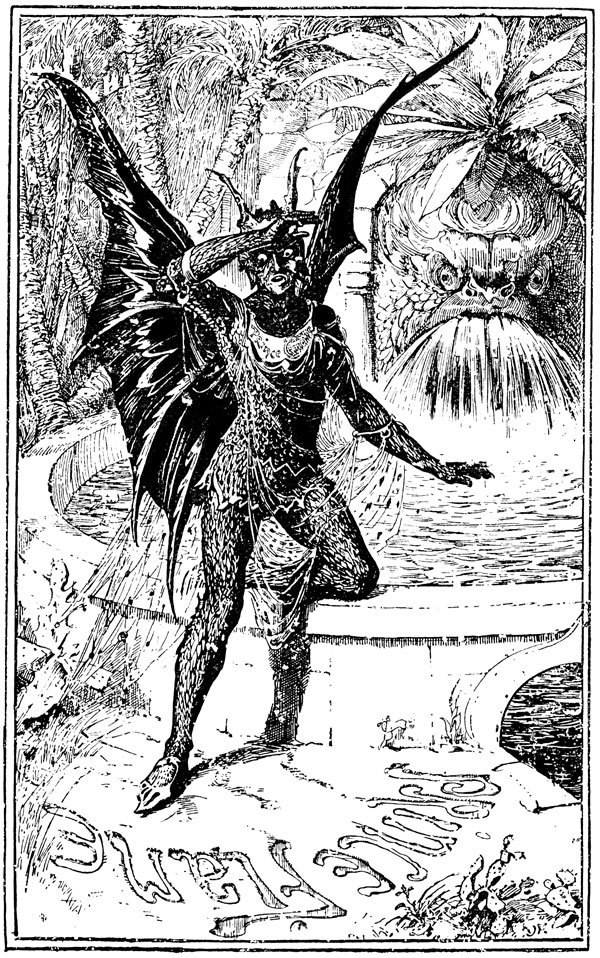
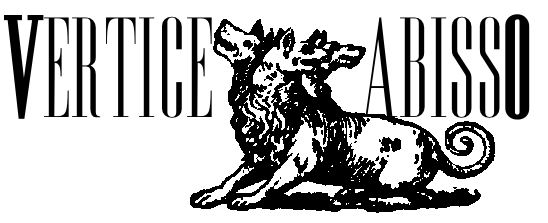



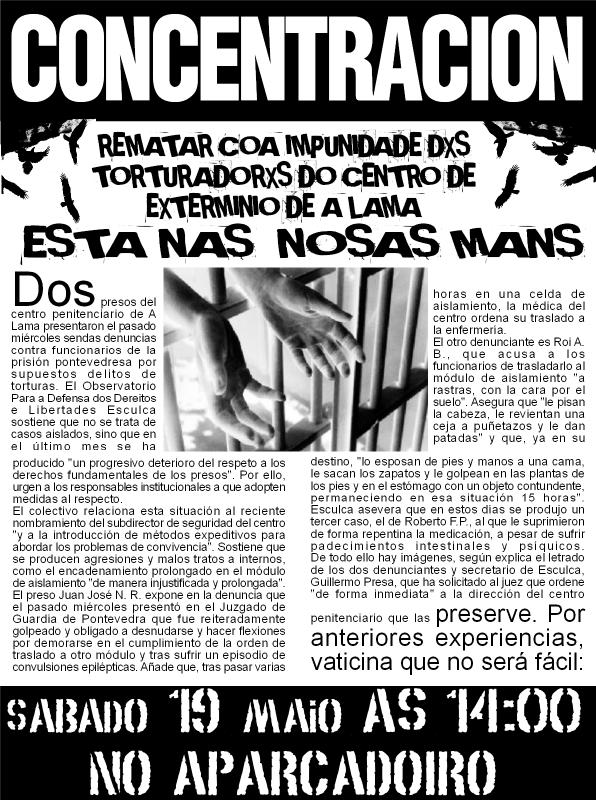



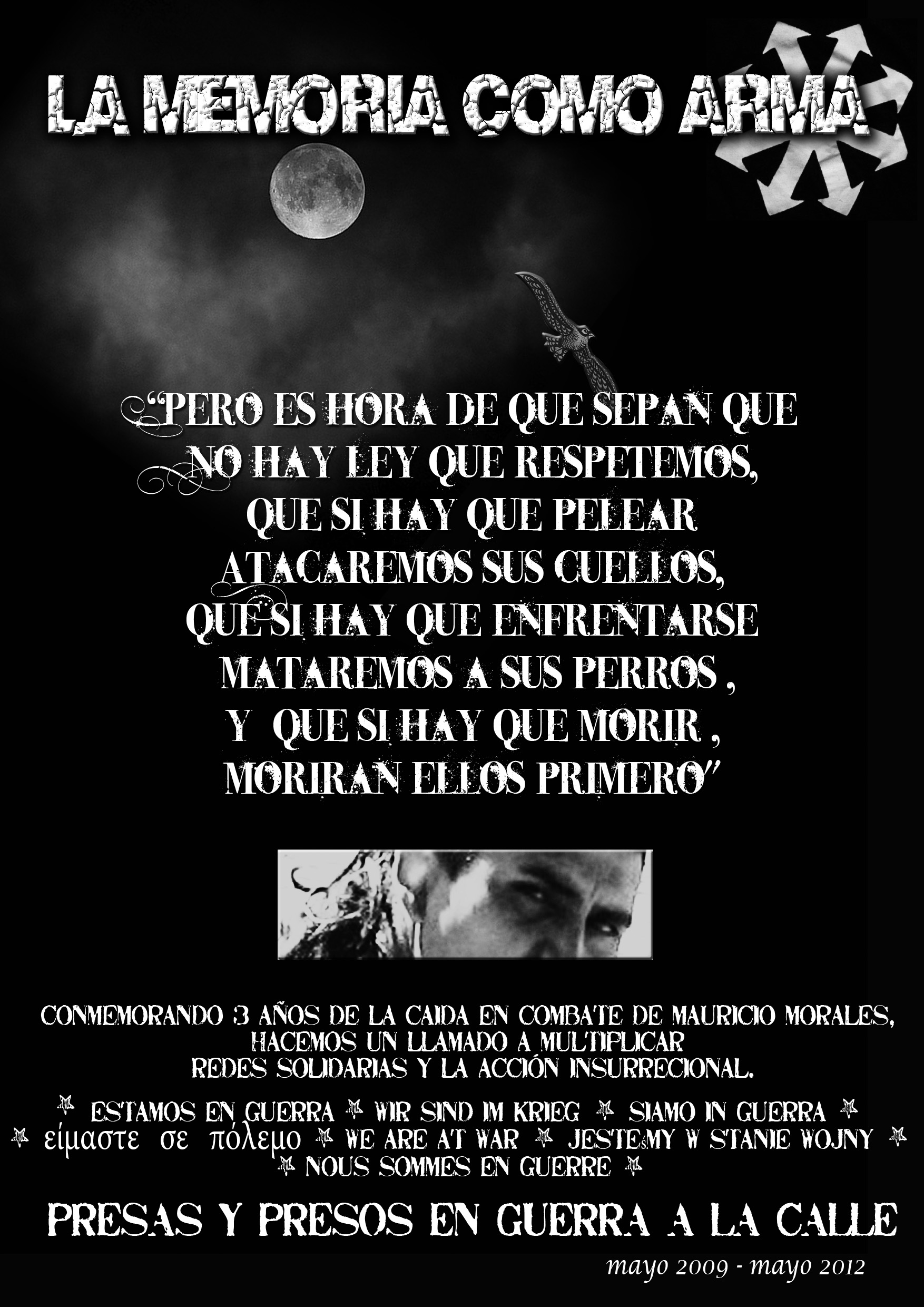
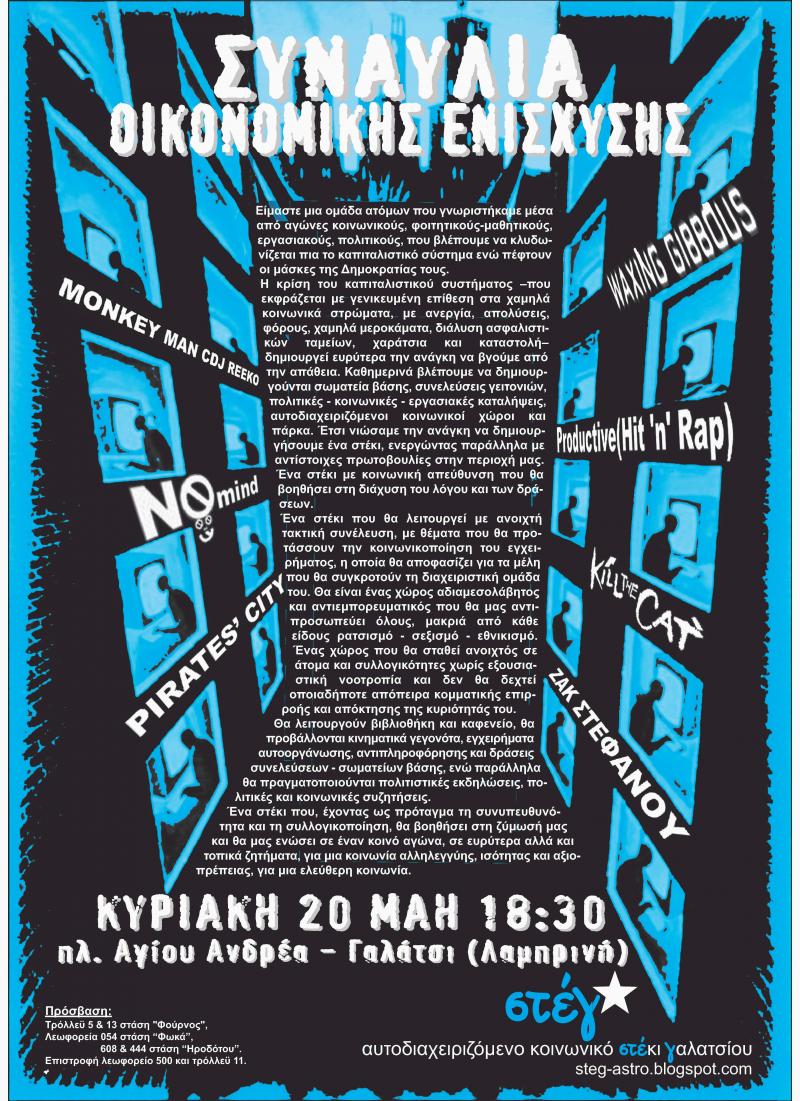








Nessun commento:
Posta un commento